At London Private Ultrasound, we offer the Renal Artery Stenosis Doppler Ultrasound Scan, a non-invasive diagnostic imaging technique used to assess blood flow in the renal arteries, vital in supplying blood to the kidneys. This procedure utilizes high-frequency sound waves (ultrasound) to create real-time images and determine the velocity of blood flow within the renal arteries.
Doppler ultrasound technology empowers our skilled sonographers to analyze blood flow patterns, including any areas of narrowing or stenosis in the renal arteries. Renal artery stenosis is characterized by a significant constriction in one or both renal arteries, typically caused by the accumulation of plaque or atherosclerosis.
During the Doppler ultrasound scan, our sonographers conduct a thorough examination of the renal arteries to identify signs of stenosis, assess blood flow velocity, and detect any abnormalities or blockages. This test is considered safe, painless, and does not involve radiation exposure.



Reviews
There are no reviews yet.